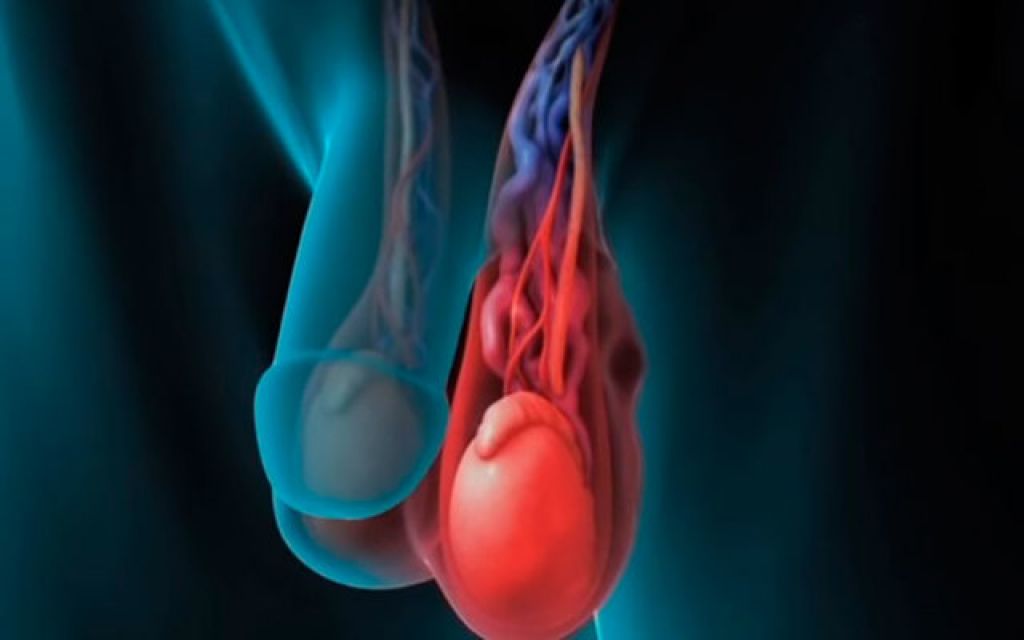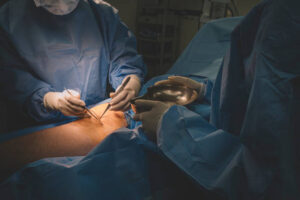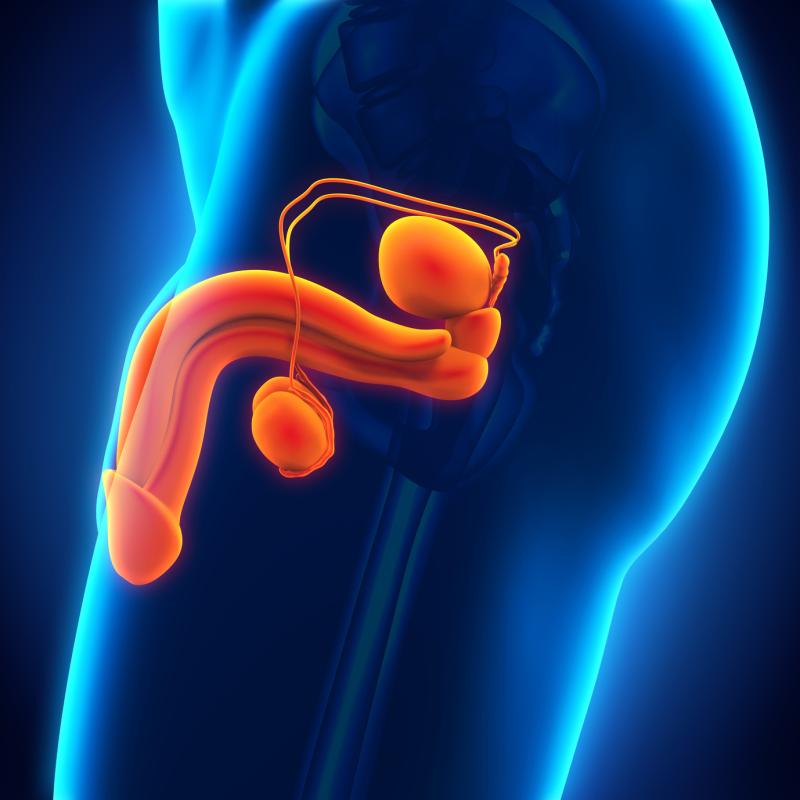Varicocele Surgery
Varicocele is a condition of abnormal enlargement of the veins in the testicles. It can often cause pain and is considered a factor that can lead to infertility in men. Varicocele is most commonly seen in the left testicle, because the blood return path of the left testicular vein in the body is more complex than the right one. Varicocele surgery olunmadığı takdirde, varikosel testislerde kan dolaşımını olumsuz etkileyebilir. bu da testislerin ısısını artırabilir ve sperm üretimini azaltabilir.
In Which Situations Is Varicocele Surgery Performed?
Varicocele surgery, testislerdeki toplardamarların genişlemesiyle karakterize durum için uygulanan tedavidir. Ağrı, testislerdeki boyut değişiklikleri, fertilite sorunları veya estetik kaygılar için yapılır. Varikosel, herhangi bir semptom vermeden de var olabilir; bu durumda tedavi gerekmez. Ancak belirli durumlar tedaviyi zorunlu kılar. Varikosel, bazı erkeklerde ağrıya veya rahatsızlığa neden olabilir.
Ağrı genellikle hafiften şiddetliye değişkenlik gösterir. Uzun süre ayakta kalındığında veya fiziksel çaba harcandığında artabilir. Bu durum günlük yaşam kalitesini olumsuz etkileyebilir. Ameliyatla tedavi edilmesi gerekebilir. Erkek kısırlığının yaygın nedenlerinden biridir. Testislerdeki sıcaklığı artırarak sperm üretimi ve fonksiyonunu olumsuz etkileyebilir. Sperm sayısında azalma, hareketlilikte düşüş gibi durumlar arasındadır. Ergenlik dönemindeki genç erkeklerde, testisin normalden daha küçük kalmasına yol açabilir. Bu durum, ileride testis fonksiyonlarında kalıcı hasara yol açar. Erken müdahale, testisin normal gelişimini koruyabilir ve potansiyel sorunları önleyebilir.
In some cases, the appearance of a varicocele can be disturbing and cause aesthetic concerns. Significant vasodilatation in the testicles negatively affects the person's self-confidence and sexual life. Surgeries performed for aesthetic reasons are less common. However, it can be evaluated to improve the individual's quality of life. Varicocele surgery The decision is based on several important factors. First, the severity of the patient's symptoms is evaluated. Second, the impact of this condition on the patient's quality of life is taken into account. Third, the desire to have children is an important factor. Before deciding on treatment, it is important to have a comprehensive evaluation with a specialist.
How is Varicocele Surgery Performed?
Varicocele surgery, genişlemiş testis damarlarını tedavi etmek için kullanılan cerrahi bir prosedürdür. Bu ameliyat genellikle lokal veya genel anestezi altında yapılır. Varikosel nedeniyle oluşan ağrıyı azaltmayı, testis fonksiyonlarını iyileştirmeyi amaçlar. Mikrocerrahi Varikoselektomi, Cerrah, mikroskop kullanarak testis damarlarına bir kesiden erişir. Mikroskop, cerraha damarları ve çevre dokuları büyük detayla görmesini sağlar. Bu da damarların dikkatlice bağlanıp kesilmesine olanak tanır.
Düşük rekürrens oranı, komşu yapıların hasar görme riskinin az olması ve postoperatif ağrının az olması avantajları arasındadır. Laparoskopik varikoselektomi, Cerrah, karın bölgesine birkaç küçük kesik yapar. Laparoskop adı verilen ince bir tüpü içeri sokar. Laparoskopun ucundaki kamera, cerraha operasyon alanını büyük bir ekranda gösterir. Cerrah, laparoskopik aletler kullanarak genişlemiş damarları bulur ve bağlar. Daha az ağrı, daha kısa hastanede kalış süresi ve hızlı iyileşme laparoskopik varikoselektominin avantajlarıdır.

Varicocele surgeryIt can effectively address the problems caused by varicocele. However, as with any surgical procedure, it has potential risks and complications. Therefore, before deciding whether to have surgery or not, a detailed evaluation should be made with a urologist. This helps to choose the most appropriate treatment method and gain a realistic understanding of the expected results.
Recovery Process After Varicocele Surgery
Varicocele surgery, testislerdeki kan akışının normalleştirilmesi amacıyla yapılır. Ameliyatın ardından iyileşme süreci, hızlı ve komplikasyonsuzdur. Ancak, hasta için birtakım öneriler ve dikkat edilmesi gerekenler bulunmaktadır. Bu süreç, ameliyatın türüne, hastanın sağlık durumuna ve ameliyat sırasında karşılaşılan spesifik durumlara göre değişiklik gösterebilir. Ameliyattan sonra ilk birkaç gün hafif ila orta derecede ağrı ve rahatsızlık hissedilebilir. Bu durum, genellikle reçetelenen ağrı kesicilerle yönetilebilir. Hasta, ameliyat sonrası ilk günlerde yoğun fiziksel aktiviteden ve cinsel aktiviteden kaçınmalıdır.
Ameliyat bölgesi temiz ve kuru tutulmalıdır. Cerrah, yara bakımı için özel talimatlar verecektir. Hastalar ameliyattan sonraki 1-2 hafta içinde hafif egzersizler yapmaya başlayabilirler. Ancak, tam iyileşme ve ağır egzersizlere dönüş, ameliyattan sonraki 4-6 haftayı bulabilir. Randevuları, iyileşme sürecinin takibi ve komplikasyonun erken teşhisi için önemlidir. Sperm kalitesindeki iyileşmeler ameliyattan sonra 3-6 ay içinde görülmeye başlar. Yeterli dinlenme, iyileşme sürecini hızlandırır ve komplikasyon riskini azaltır.
Yeterli sıvı alımı, vücudun iyileşme sürecinde önemli bir faktördür. Protein, vitamin ve mineraller açısından zengin bir diyet, iyileşmeyi destekler. Cerrahın tavsiyelere uyulması, iyileşme sürecinin başarılı tamamlanmasında önemlidir. Varicocele surgery The recovery process proceeds smoothly for most patients. However, a doctor should be consulted if any signs of complications are noticed. During this period, it is important to strictly follow the doctor's recommendations for successful completion of recovery.







